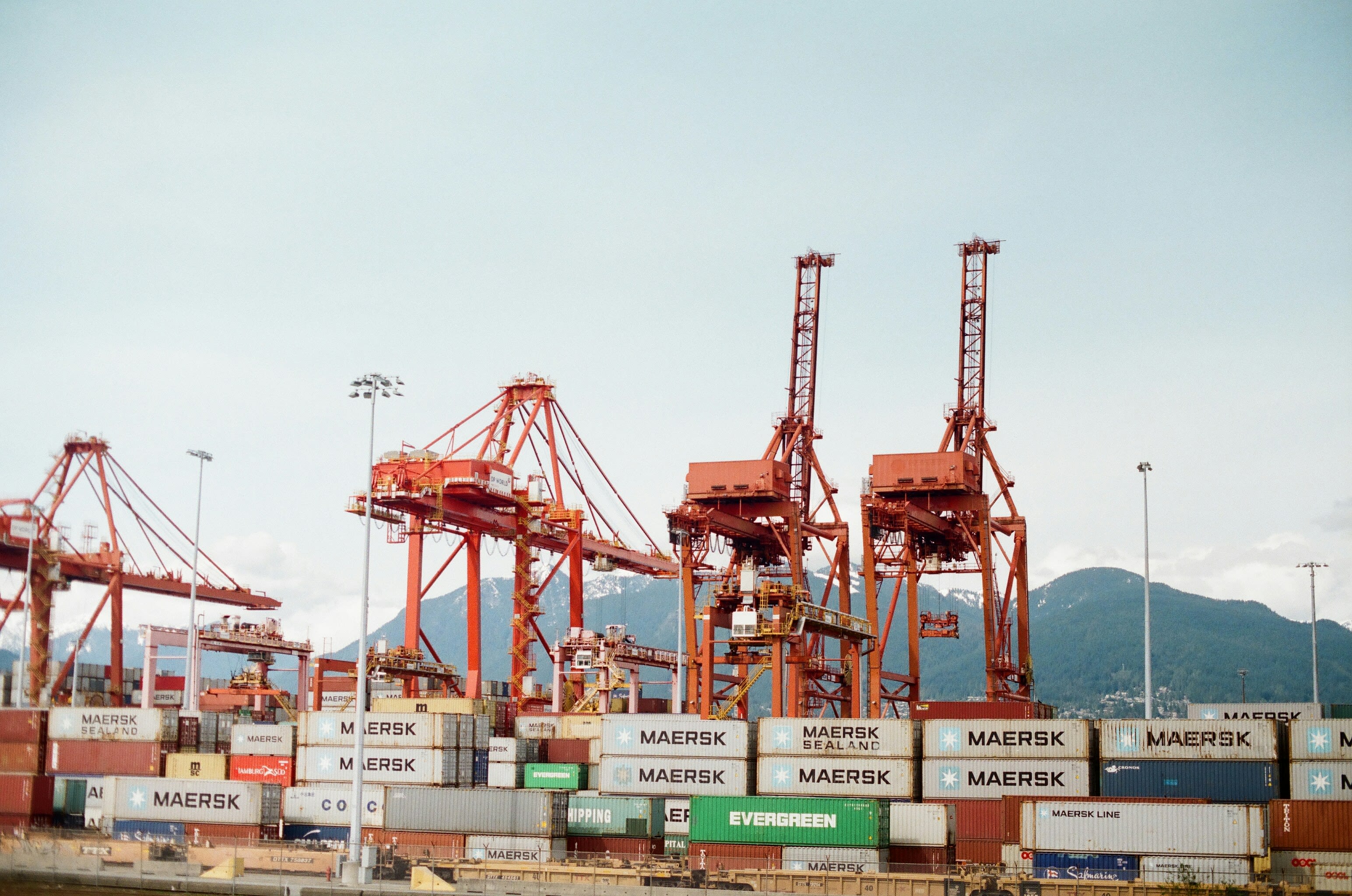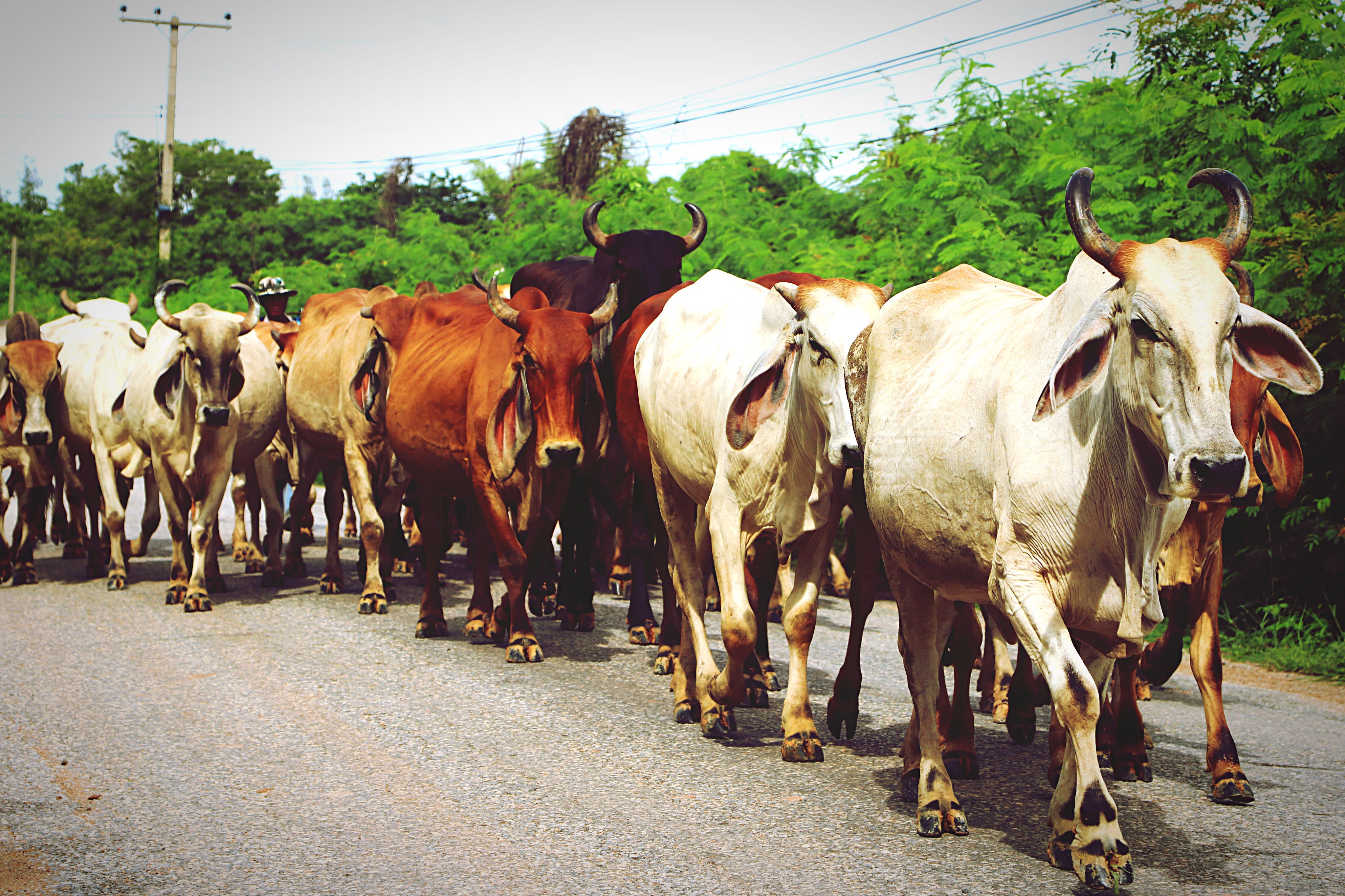Nigeria’s New Import Waiver: Seizing Opportunities through Policy and Business Readiness.
Effective from July 15 to December 31, 2024, Nigeria government announced suspension of import duties and value-added tax on a range of essential food items, including husked brown rice, sorghum, millet, maize, wheat, and beans. This policy, announced by the federal government in July, aims to curb escalating food prices and alleviate the economic pressures on citizens. On August 14, the Nigeria Customs Service (NCS) issued detailed guidelines for the implementation, confirming a 0% duty rate and VAT exemption for the specified imports.
While this waiver policy presents a valuable opportunity for certain businesses in the agrifood sector, stringent eligibility criteria and compliance requirements pose challenges for many companies, especially SMEs. To be eligible for this waiver the government has set the following criteria:
- A company must be incorporated in Nigeria and have been operational for at least five years.
- The company must have filed annual returns and financial statements and paid taxes and statutory payroll obligations for the past five years.
- For companies importing husked brown rice, grain sorghum, or millet, they need to own a milling plant with a capacity of at least 100 tons per day, operate for at least four years and have enough farmland for cultivation.
- Those importing maize, wheat, or beans must be agricultural companies with sufficient farmland or feed mills/agro-processing companies with an out-grower network for cultivation
- Eligible companies must apply for this waiver at the Federal Ministry of Finance to get an approved quota. It also requires that 75% of the imported items be sold on recognized commodities exchanges, with all transactions and storage recorded.
As an agrifood business, it is imperative to always be prepared for an initiative like this one as it can make the difference between seizing a major opportunity and missing out completely. Many businesses miss out due to a lack of foresight and strategic positioning. With Vestance's in-depth policy analysis, agrifood businesses can stay ahead of the curve. By continuously monitoring and analysing agrifood policies, Vestance can provide early insights into upcoming trends and requirements. This foresight allows businesses to prepare well in advance, aligning their operations with likely future policy directions, and positioning them to qualify for future opportunity initiatives.
In addition to this eligibility criteria is a compliance requirement. To verify a company’s compliance, the federal government can request for records of all their activities, hence the companies are required to keep a comprehensive record. Failure to meet these requirements will lead to the company losing all waivers, and the company will have to pay the applicable VAT, levies and import duties. This penalty also applies to any company that exports the imported items in their original or processed form outside Nigeria. An additional value Vestance offers businesses is helping them with sound business planning and structuring. Agrifood businesses must be run with global ambition in mind. This requires being compliance-ready from day one.
For some businesses, most especially SMEs, there is a need to scale up and expand to meet the requirements for policies like this one, and they would require capital either through private or public sources. With Vestance fundraising support, agrifood businesses can improve their absorptive capacity and funding readiness. We believe connecting business owners with potential investors is less of a challenge rather, offering value that is venture-backable. We support agribusiness by improving the likelihood of them qualifying for such initiatives and successfully leveraging new opportunities.
In today's ever-changing policy landscape, being prepared remains a key to success. With Vestance's expertise, businesses can stay ahead of the curve, ready to seize opportunities as they arise and turn potential policy changes into drivers of growth and market expansion.




